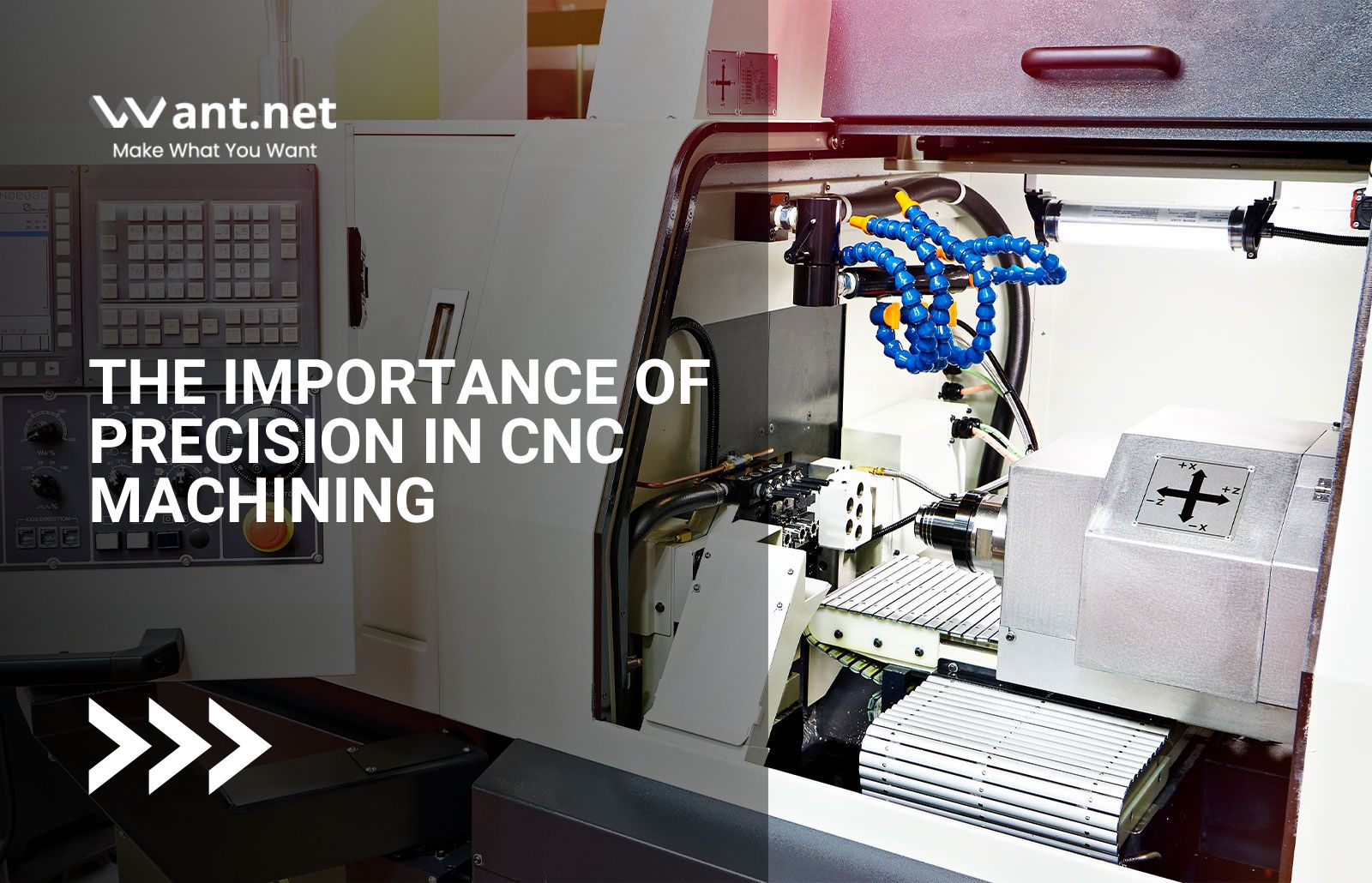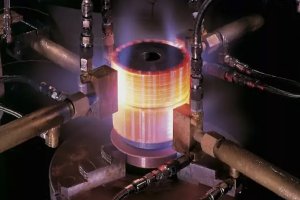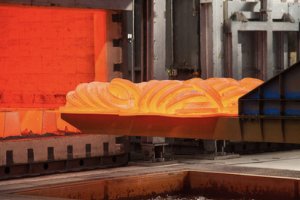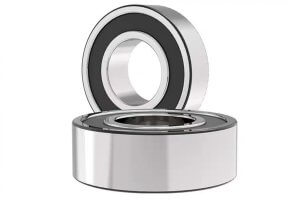Precision is an essential aspect of CNC machining that influences the efficiency and success of the manufacturing process. Whether it’s in aerospace, medical devices, or automotive parts, precision plays a vital role in achieving accurate and consistent components. In this article, we will delve into the significance of precision in CNC machining and its impact on various factors such as workflow efficiency, material selection, machining techniques, and the wide range of applications where CNC machining is employed.
Workflow Efficiency: Where Precision Begins
The CNC machining workflow comprises crucial stages that collectively contribute to attaining the desired level of precision. It starts with engineers and designers utilizing Computer-Aided Design (CAD) software to create a precise 3D model of the intended component. This CAD model is then converted into Computer-Aided Manufacturing (CAM) software, which generates instructions for the CNC machine’s toolpath during the machining process.
Once the toolpath instructions are generated, the operator loads the appropriate tools and materials into the CNC machine, commencing the machining process. Throughout this process, the operator closely monitors the machine to ensure that the components are manufactured to the required specifications.
Any errors or deviations within the workflow can result in a lack of precision in the final product, leading to costly mistakes, rework, and production delays.
The Significance of Machining Tools
The selection of machining tools holds great importance in achieving precision in CNC machining. The tools utilized must be of high quality and properly maintained to ensure accurate cuts and drills with the required precision.
One notable example of a high-quality machining tool is the carbide end mill. Made from a blend of tungsten carbide and cobalt, carbide end mills exhibit exceptional hardness and resistance to wear. These characteristics make them ideal for precision machining, allowing them to maintain their cutting edge and shape even when working with hard materials like titanium or hardened steel.
Furthermore, the cutting parameters employed during the machining process, such as speed, feed rate, and depth of cut, must be carefully selected to ensure that the tools operate within their optimal range. This helps minimize tool wear and preserves precision throughout the machining process.
Recommended Read: How to Achieve High-Quality CNC Machining Results
Techniques: Maximizing CNC Machining Precision
Several techniques can be employed to optimize precision in CNC machining. One highly effective technique is high-speed machining (HSM), which involves utilizing elevated spindle speeds and feed rates to reduce machining time and enhance cutting precision.
Another technique that aids precision optimization is multi-axis machining. This technique enables greater control over the orientation of the cutting tool, facilitating the creation of complex geometries and tighter tolerances.
Material Selection: Matching Materials to Requirements
Precise material selection is crucial for achieving precision in CNC machining. The chosen materials must be suitable for the specific application and possess the ability to withstand the stresses of the machining process without deforming or cracking.
Aluminum is a commonly used material in CNC machining. It is lightweight, durable, easy to machine, and can be finished with a high degree of precision. The aerospace industry often relies on aluminum for components that require both strength and precision.
Stainless steel is another frequently employed material in CNC machining. It offers toughness, corrosion resistance, and is well-suited for high-precision components in applications such as medical devices and automotive parts.
Recommended Read: Debunking Misconceptions About CNC Machining
Applications: From Aerospace to Automotive
The significance of precision in CNC machining is evident across a wide array of industries and applications. CNC machining finds extensive usage in aerospace, medical devices, automotive, and electronics sectors.
In aerospace, CNC machining is indispensable for manufacturing critical components like turbine blades and aircraft engine parts. Precision is paramount in these applications, as any errors or inconsistencies can compromise the safety and efficiency of aircraft.
The medical device industry relies on CNC machining to produce components such as implants and surgical instruments. These components must be manufactured with a high degree of precision to ensure effective and safe functionality.
In the automotive sector, CNC machining plays a vital role in manufacturing engine blocks and transmission parts. These components must be precisely crafted to withstand the stresses of everyday use while maintaining optimal performance.
Efficiency and Precision: A Synergistic Relationship
Efficiency and precision are closely interlinked in the realm of CNC machining. A high level of precision helps minimize errors and rework, ultimately contributing to a more efficient manufacturing process. Simultaneously, efficient machining techniques and well-maintained tools uphold precision throughout the workflow.
Precision is of utmost importance in the realm of CNC machining. Every aspect of the process, from material selection to advanced techniques and well-maintained tools, must be carefully optimized to achieve the necessary level of precision. Whether in aerospace, medical devices, or automotive parts, precision is instrumental in meeting the demands of a diverse range of applications in CNC machining.
Learn more CNC knowleadge here.









